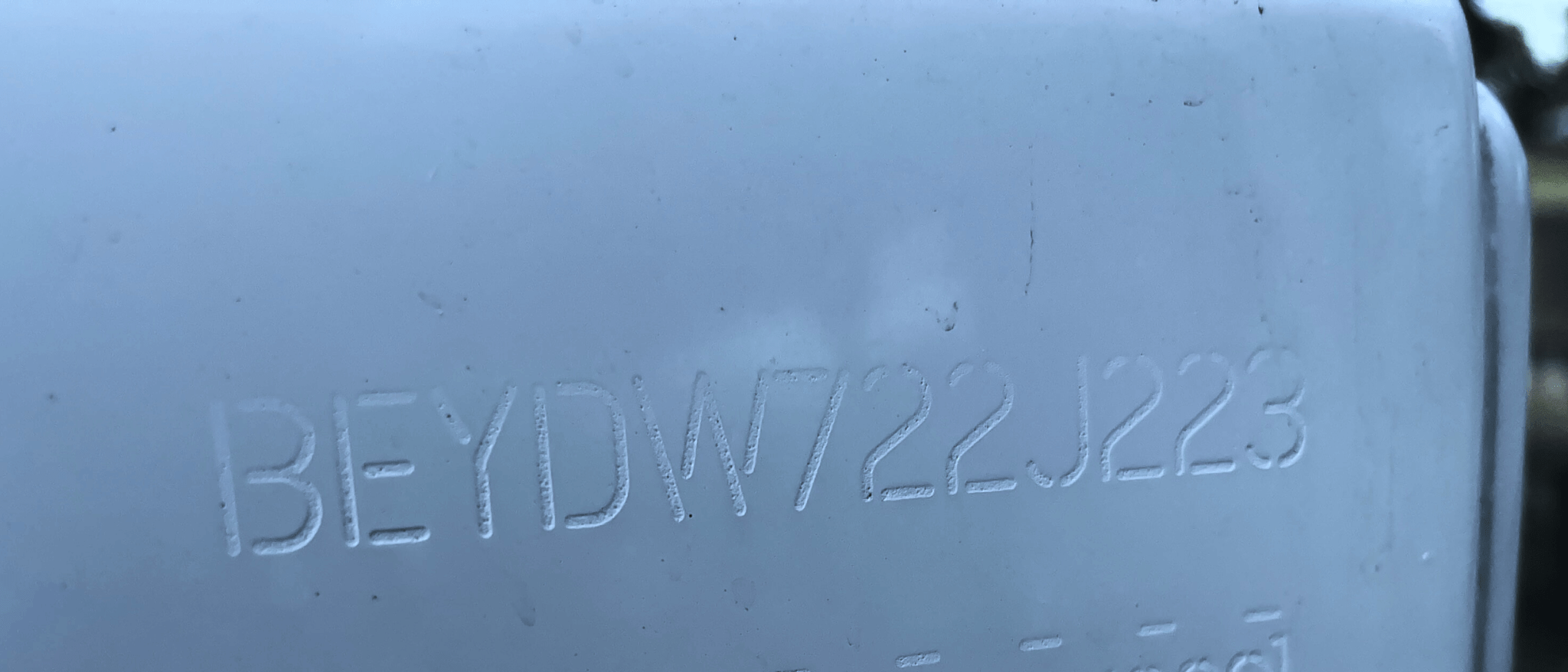Decoding the Secrets: Your Guide to Hull Identification Number Lookup

Ever wonder about the story your boat could tell? Every vessel carries a unique identifier, a kind of DNA embedded within its structure. This secret code, the hull identification number (HIN), holds a wealth of information waiting to be unlocked. Performing a HIN lookup can be your key to unraveling a boat's hidden past.
A hull identification number lookup is like conducting a background check for a boat. It's an essential step for prospective buyers and current owners alike, providing crucial details about a vessel's history, manufacturer, and specifications. From confirming a boat's age to uncovering potential liens or theft records, a HIN lookup empowers you with the knowledge you need to make informed decisions.
The HIN system was introduced in 1972 by the U.S. Coast Guard to standardize boat identification. Think of it as a birth certificate for boats, assigning a unique identifier to each vessel manufactured or imported into the United States. This standardization brought order to the boating world, making it easier to track vessels and enforce regulations.
Before 1972, tracking boats was a nautical nightmare. With no standardized system in place, identifying stolen vessels or tracking recalls was a monumental task. The implementation of HINs revolutionized boat identification, creating a much-needed system for accountability and security.
So, why is a hull identification number lookup so important in today's boating landscape? Imagine purchasing a dream boat only to discover it has a hidden history of accidents or unresolved legal issues. A HIN lookup acts as your due diligence, providing vital information that can protect you from costly mistakes and legal headaches down the road.
Decoding a HIN is like cracking a code. Each part of the 12-character sequence represents a specific piece of information. The first three characters identify the manufacturer, followed by a serial number and a production date indicator. Understanding these components allows you to verify the authenticity and specifics of a vessel.
One of the primary benefits of a HIN search is confirming a boat's legal status. It can reveal whether a vessel has been reported stolen, has outstanding liens, or has been involved in any accidents. This information is crucial for protecting yourself from potential legal and financial burdens.
Another advantage is verifying the manufacturer's information. A HIN lookup confirms the boat's make and model, allowing you to access important specifications and documentation. This is particularly useful when researching a boat's history or seeking replacement parts.
Furthermore, a HIN search can help determine a boat's fair market value. By accessing historical data and comparable sales information, you can negotiate a fair price and avoid overpaying for a vessel.
Before purchasing a used boat, conduct a HIN lookup using reputable online databases or by contacting the U.S. Coast Guard. Ensure the HIN on the boat matches the information provided in the lookup results.
Additionally, examine the boat's title and registration documents carefully. Verify the HIN and ensure the information aligns with the seller's claims. Discrepancies can be a red flag, warranting further investigation.
Advantages and Disadvantages of HIN Lookup
| Advantages | Disadvantages |
|---|---|
| Verifies boat's identity | Not all databases are free |
| Uncovers hidden history | Information may not be completely up-to-date |
| Protects against fraud | Requires accurate HIN input |
Best practices for HIN Lookup include using reputable databases, cross-referencing information, and verifying the HIN on the physical vessel. Understand the HIN format and be wary of discrepancies in the provided information.
Frequently asked questions about HIN lookups include: What is a HIN? How do I find my boat's HIN? Where can I perform a HIN lookup? What information can I learn from a HIN lookup? Is a HIN lookup required for boat purchase? How much does a HIN lookup cost? Are there free HIN lookup resources? How accurate are HIN lookup databases?
One tip for HIN lookups is to check multiple databases. Different databases may have varying information, providing a more comprehensive picture of a boat's history.
In conclusion, a hull identification number lookup is an indispensable tool for anyone involved in the world of boating. It empowers buyers and owners with critical information, protecting them from potential fraud and costly mistakes. From uncovering a boat's hidden past to verifying its legal status, a HIN lookup is a crucial step towards making informed decisions and enjoying the open waters with peace of mind. By understanding the importance of HIN lookups and following the best practices outlined in this guide, you can navigate the complexities of boat ownership with confidence and ensure a smooth sailing experience. Don't let a boat's past remain a mystery – unlock its secrets with a hull identification number lookup today.
Gulf shores tattoo art your guide to inking on the coast
Ramadan coloring pages a festive tradition
Unleash the power of behr rhino paint













